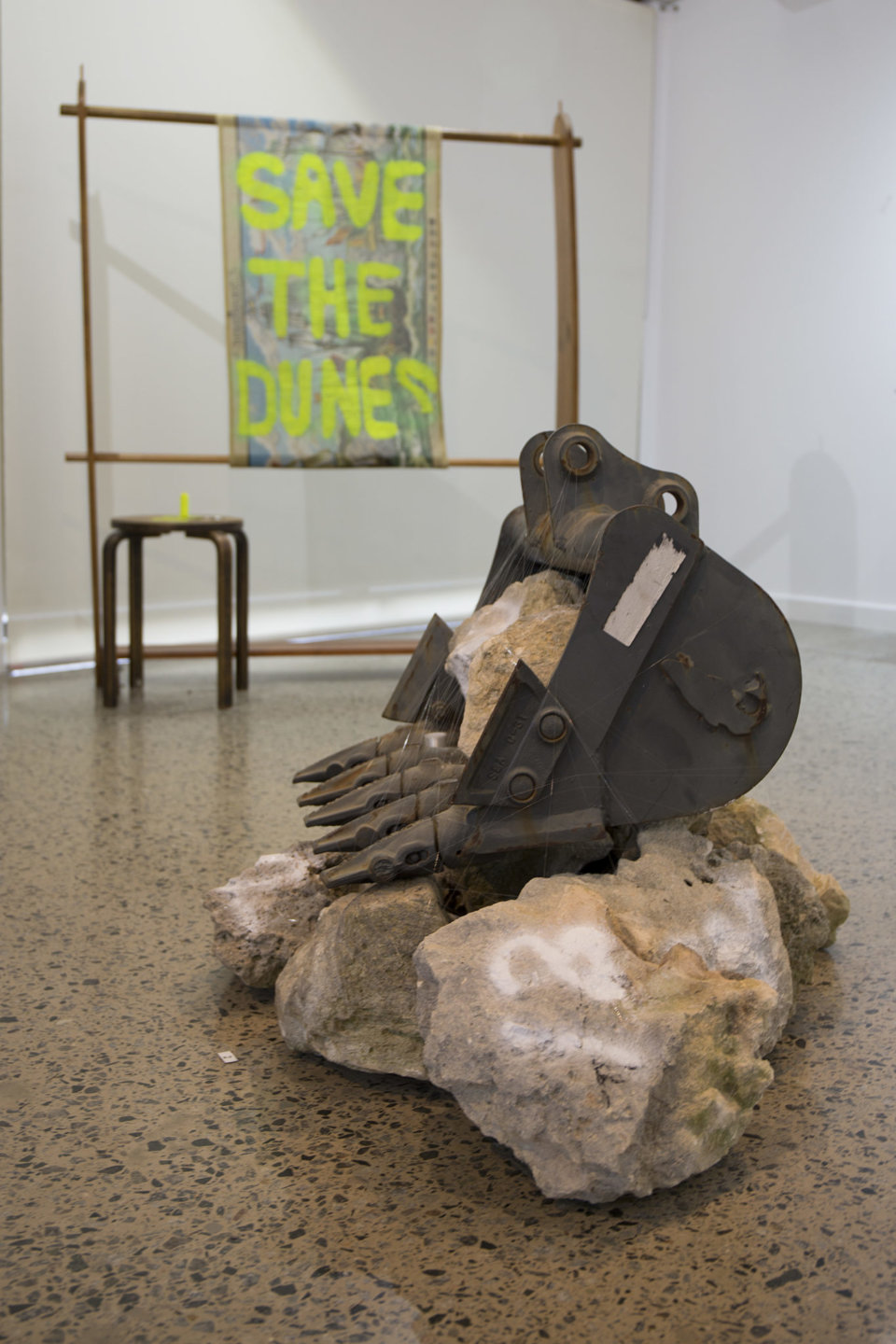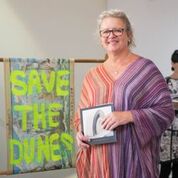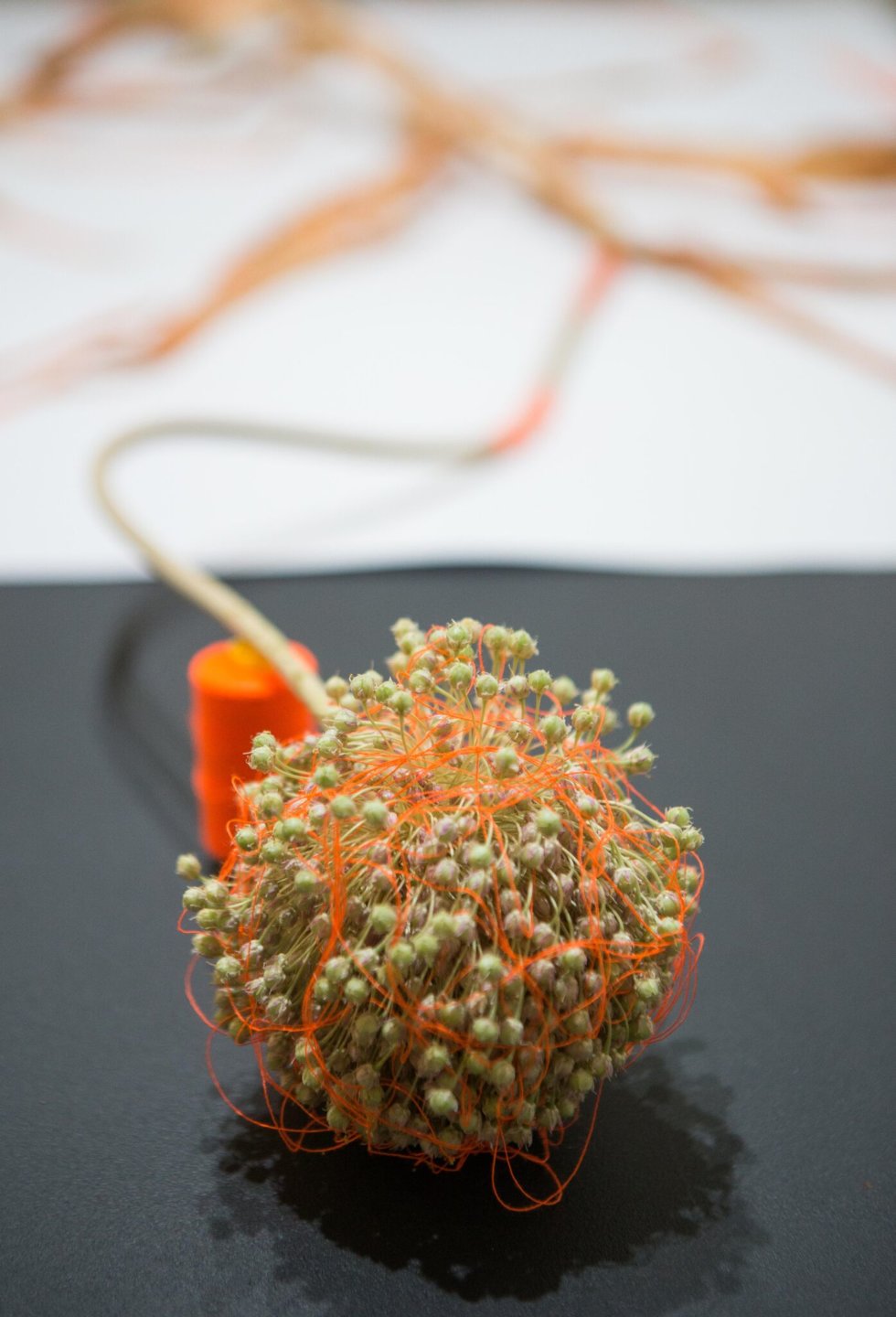Stella Onderwater
Failure to Thrive
Photo credit: Lyn Nixon and Daniel Wilkins
Bad luck and a sustained struggle with the coastal setting meant that Thomas Peel Jnr (1825-1892) failed to thrive in a business and domestic context. Suffering bankruptcy when his crops burnt down, most of his affects were auctioned and his land sold. After building a new home on Peelhurst Estate he was disabled by a broken leg and died there, his cottage half-built.
One Hundred years after his death, the ransacked and neglected ruins of his house and garden remain, the importance of the site unrecognised. Local communities continually failed to recognise the sites existence as the metropolitan built landscape progressed south.
Now, protesting communities are failing to conserve surrounding dune systems from further development. Preservation of the natural area has become a focus contrasted to Thomas Peel Jnr’s initial intent. The engineered landscape conquers any threat from the natural surroundings.
Connected by thread, three found objects reflect on life amongst the sand dunes. Transcripts overlay objects used for survival in preceding and contemporary times. Their potency is tainted by failure.
These three artefacts and their narratives are a part of local lore in Peel, but most importantly reflect on our failure to understand the Australian landscape.
Stella Onderwater lives on the coast in the Rockingham region and works as an artist and educator within the local community, focusing on and supporting environmental issues. Onderwater’s work uses domestic waste, integrates traditional crafting techniques, and incorporates themes of survival and success in a modern context particularly when issues of environment versus industry are raised. Onderwater’s practice has focused on giving waste resources value. That value lies in the potential of the properties of the materials and the crafting skills and processes needed to find it.


